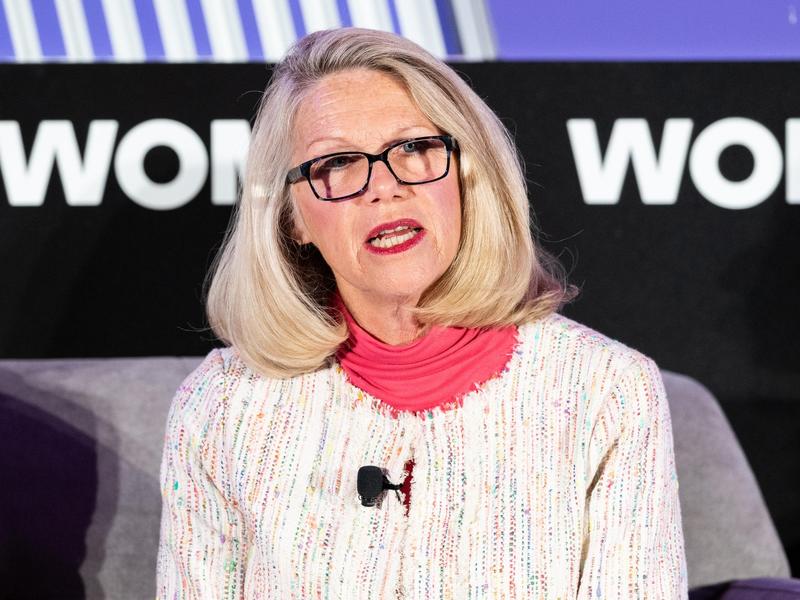
The winner of a political argument is often determined by two things: timing and framing.
In the case of immigration reform—at least the specific battle over President Obama's executive order last week—the policy is put in place, and it is unlikely that it will be successfully legislatively or judicially overturned before he leaves office. The question here is who wins the political argument surrounding the issue? How does the public opinion come down?
Critical to victory on either side are the moderates, independents, and soft partisans who constitute swing voters. These are the people who shift the balance to one side or the other, either accepting a policy as reasonable or condemning it as ill-advised or even illegitimate.
The timing of this battle is important; no fight occurs in a vacuum. What has been said and done previously can and often does shape the public's frame of mind as it enters into a new policy conversation. Are people inclined or disinclined to give a president or a party the benefit of the doubt on a subject? Or have preceding events









Subscribe Today
Our subscribers have first access to individual race pages for each House, Senate and Governors race, which will include race ratings (each race is rated on a seven-point scale) and a narrative analysis pertaining to that race.